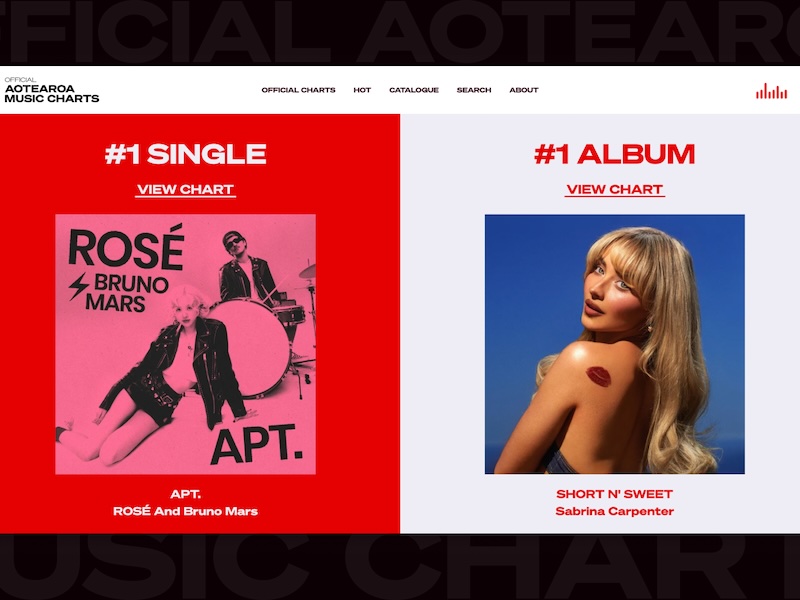Streaming services. Game apps. Dating apps. Meal kits.
With so many subscription services out there, it’s no wonder many of us forget how many we’ve paid into.
But they’re finding unsubscribing to be difficult.
Why is it so hard to unsubscribe?
A report released this week by the Consumer Policy Research Centre found that while subscribing to a particular service can take mere seconds, cancellations can take far longer.
Titled Let Me Out, it polled 1,000 Australians and found that 75 per cent of respondents had felt the frustration of unsubscribing, with nearly half saying that they have spent more time than expected trying to cancel a subscription.
Chandni Gupta, deputy chief executive and digital policy director at the Consumer Policy Research Centre, shared that these “subscription traps” cost consumers more than just time and money — they also interfere with their “peace of mind”.
“We live in a digital economy where we own nothing, and we subscribe to everything,” she said. “It’s such a shame to see, but it’s not surprising that people are having trouble cancelling services they no longer need or want.”
Gupta claimed that companies intentionally make it difficult for people to cancel .
“We found companies are using multiple complex screens,” she said. “They’re using a feature called dark patterns, which are features that are added into websites and apps to make it difficult for people to navigate their own choice”.
Gupta said that companies will often steer people into choices that are profitable for the business, but are neither in the best interest of the consumer nor what they ultimately want — that is, to opt out of the service.
Professor Luke Nottage, from the University of Sydney’s Business Law School, said he had fallen victim to subscription traps.
He said it took him less than a minute to sign up for a discounted one-year subscription to a popular British newspaper, but added it took several days to cancel.
Australian Competition and Consumer Commission chair Gina Cass-Gottlieb. The consumer watchdog says it had advocated for the prohibition of unfair trading practices for some time now. Source: AAP / Bianca De Marchi
After an attempt to cancel online, he was told he needed to speak to someone over the phone during business hours.
“Eventually you get through to someone who — surprise, surprise — tries to say, ‘Well, please don’t, are you sure you want to cancel your subscription and maybe we can do a deal?’,” Nottage, a consumer law expert, said. “And it’s like, ‘No, I just want to cancel it.'”
Nottage said he contacted the Australian Competition and Consumer Commission (ACCC), which initially replied saying they had lodged their complaint. After a follow-up e-mail, the consumer watchdog directed Nottage to contact their state regulator.
Can I file a complaint?
The ACCC said it had advocated for the prohibition of unfair trading practices for some time now, and in 2023 made a submission to the federal government’s consultation calling for this prohibition to be introduced.
It added that businesses that operate a subscription trap business model may breach the Australian Consumer Law within the unfair contract term.
Nottage said Australian law doesn’t allow for the arguably unfair practices that business’ subscription services can sometimes adopt.
Current laws prohibit companies from misleading conduct. But to file a complaint against a company, consumers must prove that they have been misled or that a business has taken advantage of their vulnerability.
Nottage said the federal treasury reviewed Australian Consumer Law in 2017, but specific changes around these subscription practices were yet to be enforced.
He said to prohibit misleading and unconscionable conduct, consumer law would need to be amended at a federal level before being mirrored in state legislation.
Gupta agreed that there are limitations to the country’s current consumer protection laws, with their report finding that one in 10 survey respondents give up trying to cancel their subscriptions due to the obstacles they encounter.
While Australia has strong consumer protection laws, Gupta says those experiencing frustrations and inconveniences that are not “extremely egregious” aren’t protected as extensively.
As well as calling on the government to introduce an unfair trading prohibition before the next federal election, the report also calls upon banks to work with businesses to better protect customers from these subscription tactics.
“What we’d really like to see is banks and businesses working together where you could look up your subscriptions through a bank transaction and when you see there is one, you’d be able to cancel it straight from there,” Gupta said.
“It’s a way to make it as seamless as possible as it is to join, to leave.”





















Discussion about this post